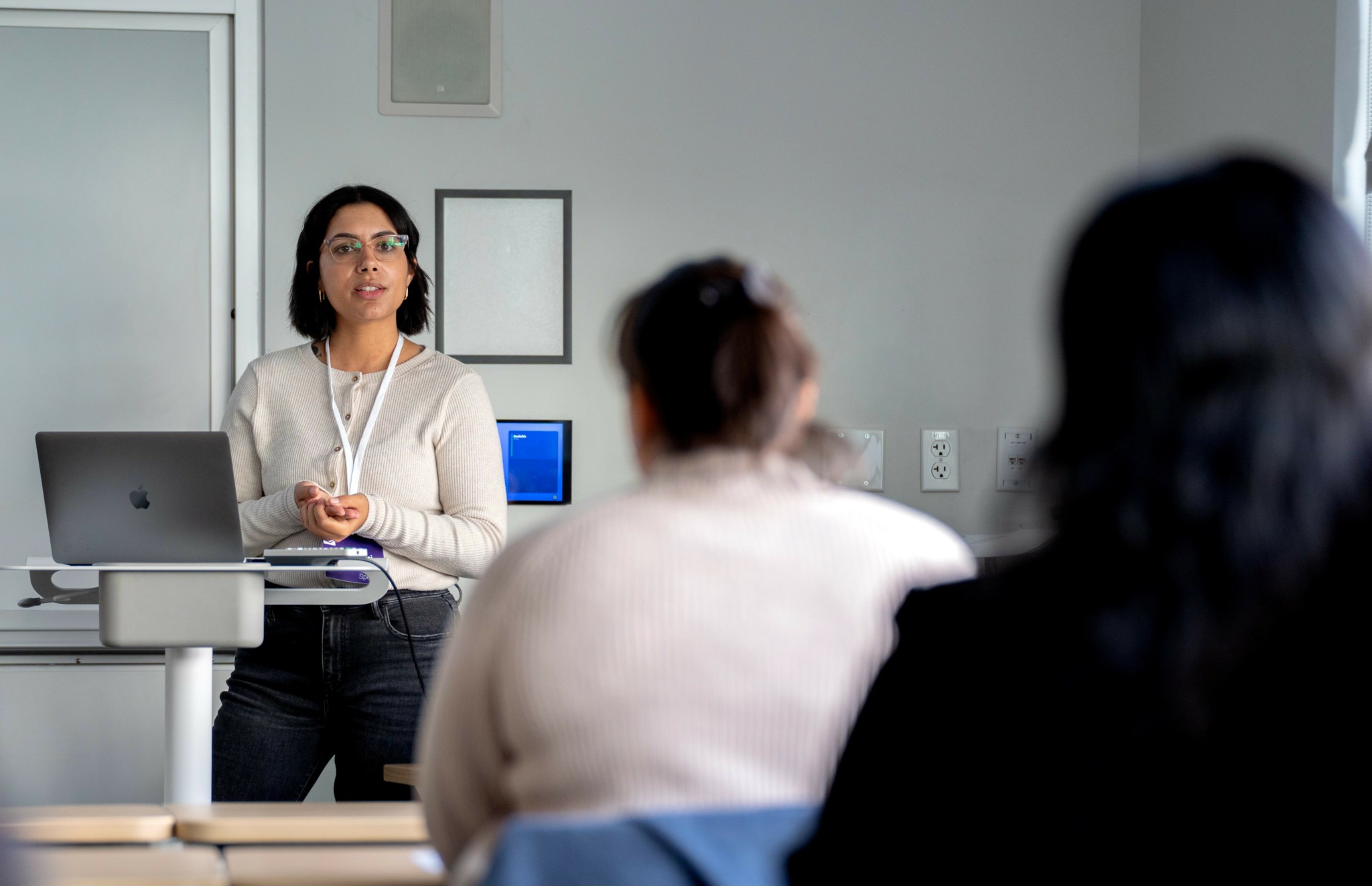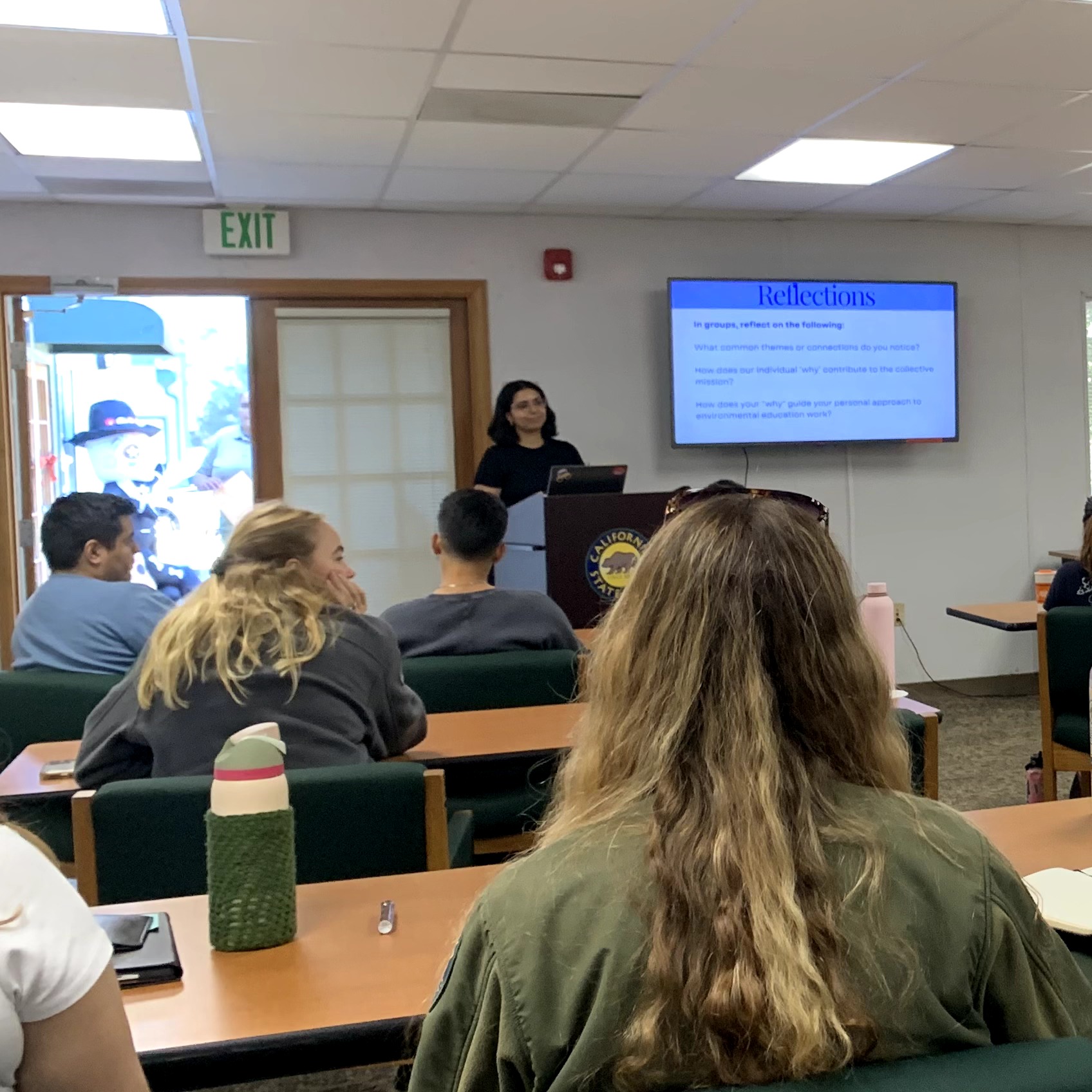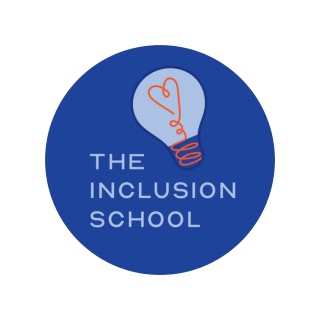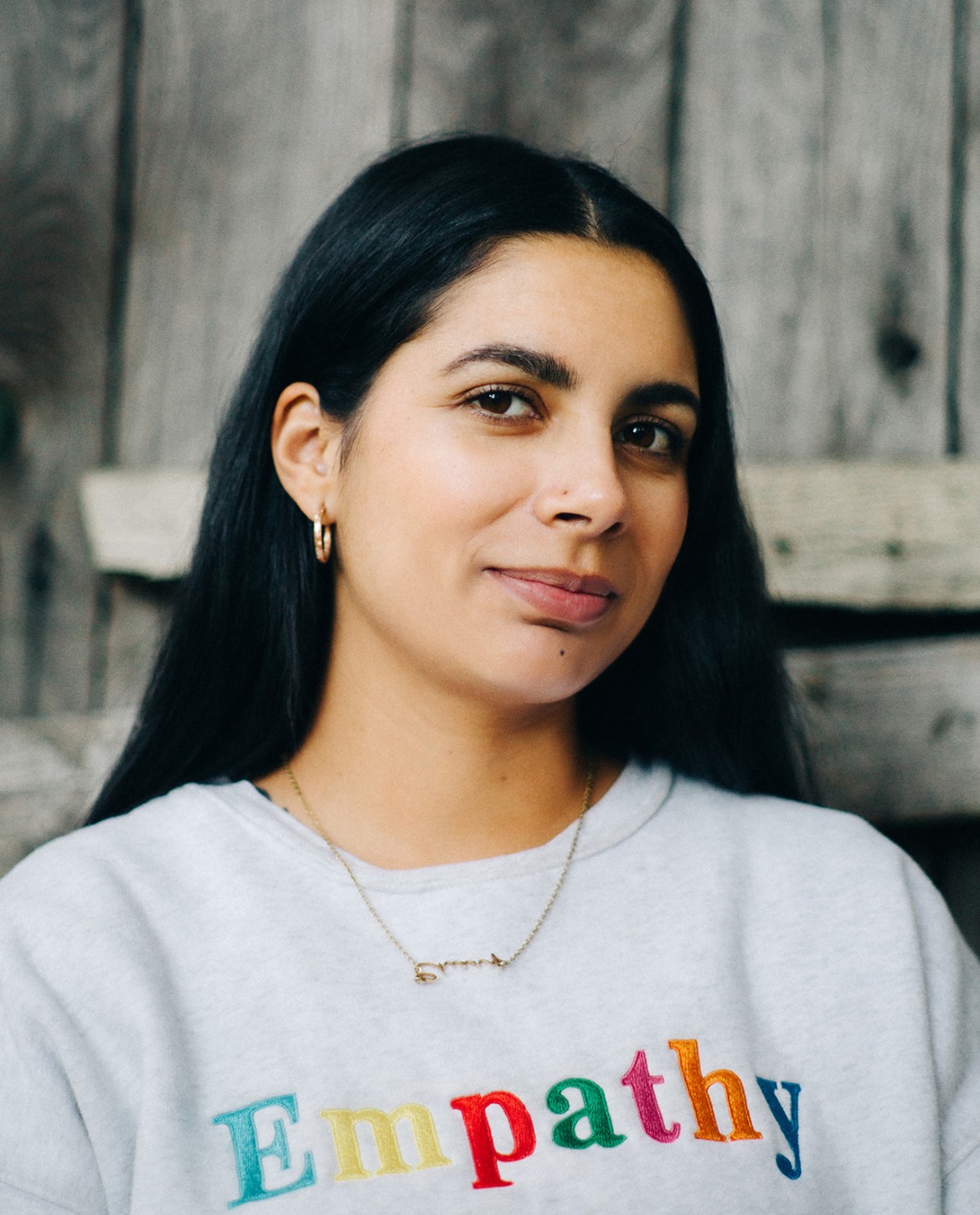We’re excited to introduce you to the always interesting and insightful Chiany Dri. We hope you’ll enjoy our conversation with Chiany below.
Alright, Chiany thanks for taking the time to share your stories and insights with us today. The more we talk about good leadership the more we think good leadership practices will spread and so we’d love for you to tell us a story about the best boss you’ve had and what they were like or what they did that was so great?
I built my business, The Inclusion School, on the belief that healthy workplaces matter. That working alongside people you trust and know matters. Many of the lessons that inspired me to create The Inclusion School came from difficult experiences with bosses who struggled to lead, to honor identity, and to foster environments that welcomed staff instead of pushing them away. Just as influential, though, were the leaders who modeled strong and compassionate leadership. They showed me what workplaces could look like when leaders truly cared for their people and used that care to build thriving workplace cultures.
Before starting The Inclusion School, I served as a nonprofit director at a large organization, working to help people live dignified lives. As a single mother of three, I faced challenges that my peers did not. These included childcare emergencies, last-minute illnesses, and the constant balance of work against school meetings, soccer practices, and all the activities my children deserved to experience. At one point, one of my children faced a chronic health issue that created stress I was struggling to manage alongside the demands of my role. Being relatively new to the organization, I felt afraid to share what I was going through. I worried that admitting how my home life was impacting my work might make me seem incapable, unreliable, or less committed to the mission.
One day in a one-on-one meeting, my boss noticed I was stressed and distracted. After discussing work tasks, she paused and asked gently if things were okay outside of work. I couldn’t hold it in any longer, and everything I had been carrying spilled out. She listened quietly and attentively. Then she looked at me, glanced at the calendar, and said, “Take this week off. Go home, sort this out, and rest.” At first, I worried this confirmed my fears that she doubted my ability, but then she added, “I know you are the best person for this job. You can’t do your best work if you can’t breathe and take care of things at home. Come back next week ready to hit the ground running.”
I cried in my car on the way home, not from overwhelm but from gratitude. For the first time, I felt seen, not just as a worker, but as a human being. I took the week off, addressed what I needed to at home, and returned ready to give my best. It was the most powerful example I had ever experienced of being trusted and supported in the workplace.
Today, my goal is to help leaders and organizations create that same culture of trust and human-centered practice. I want leaders to see their teams as people, not just workers. When we feel safe and respected, we do better work. We show up more authentically. We feel free to take risks and share new ideas. At The Inclusion School, we help leaders and their teams build the tools and shift the mindsets needed to make this possible. For that, I will always be grateful to the bosses who showed me it can be done.

Chiany, love having you share your insights with us. Before we ask you more questions, maybe you can take a moment to introduce yourself to our readers who might have missed our earlier conversations?
I’m Chiany, and I founded The Inclusion School, a consulting and learning collective built on the core belief that healthy workplace cultures create thriving businesses. My work is rooted in the idea that when people feel seen, trusted, and supported at work, they don’t just perform better, they thrive, and their organizations thrive with them.
I came to this work through both professional and lived experience. Before founding The Inclusion School, I worked as a nonprofit director, leading teams and helping people access the dignity of housing and supportive services, reproductive healthcare, education equity, and more. I hold the identities of being a former foster youth, having experienced homelessness, teen parenthood, single parenthood, and as a survivor of intimate partner violence. All of these experiences have helped shape my understanding of human behavior and both our individual and collective lived experiences. I understand how these impact our lives, our capacities, and our workplace relationships. I see my experiences as superpowers to transform the world around me, and more specifically, in my work with The Inclusion School, our workplace cultures.
At The Inclusion School, I offer trainings, workshops, and consulting services focused on creating inclusive, equitable, and psychologically safe workplace cultures. Topics range from inclusive communication, cultural humility, and conflict resolution to trauma-informed leadership, restorative justice, and strategies for building belonging. I also design custom training series and strategic equity initiatives that align with an organization’s values and goals.
The problems I help solve are ones most organizations face but often struggle to name: high turnover, low morale, unresolved conflict, exclusionary dynamics, and leaders who want to do better but don’t know where to start. What sets me apart is my ability to bridge theory and practice by translating academic grounding in equity and trauma-informed frameworks into real, human-centered strategies and practices that meet teams where they are. My approach is practical, compassionate, and deeply relational.
What I’m most proud of is the impact of our work. Watching leaders shift their mindsets, seeing staff feel safe enough to bring new ideas forward, and hearing teams say, “We finally feel like we can breathe here,” are reasons that keep me in my work and remind me of its value.
If there’s one thing I want people to know about The Inclusion School, it’s that we don’t just do “DEI trainings.” We help organizations heal. We help leaders and teams cultivate cultures of trust, belonging, and care. We know that when people feel safe and supported, they bring their best selves forward, and that’s when workplaces truly thrive.

What’s worked well for you in terms of a source for new clients?
The best source of new clients for me has always been word of mouth. This can feel difficult sometimes because it doesn’t generate business leads the way other sources might, but it’s the source that shows my skill level, how successful my services have been for past and ongoing clients, and it ensures that the new clients coming my way are genuinely invested in the commitment required to work with me and transform their workplace cultures. I have had a lot of success with word-of-mouth referrals. I will also share that when word of mouth is the primary source of building your clientele, it also ensures that you’re building meaningful relationships with your clients and therefore modeling the trust-building and engagement I hope to also instill in my clients for their own business goals and workplace culture needs.

Can you tell us about a time you’ve had to pivot?
With a background in diversity, equity, and inclusion work, The Inclusion School was built on core DEI principles. With the new administration criminalizing and penalizing DEI, I’ve definitely had to make certain shifts and do some pivoting to ensure that I can still do my work and that businesses and organizations still feel safe working with me. There has been a lot of fear amongst various workplaces when it comes to working with DEI trainers and practitioners, which has resulted in a huge reduction of contracts for workplace trainings and consulting needs that include ‘belonging,’ ‘inclusion,’ ‘equity,’ or any related concepts. It isn’t always because a workplace no longer believes in its value, but usually because they worry about jeopardizing government contracts/funding or contracts with entities that do not support or value DEI in the workplace. With this, the Inclusion School has had a few shifts in language and focus, but not much. I strongly believe in the value of inclusion and belonging work, and I want to work with leaders and teams who do as well. While we’ve done what we can to ensure we can still build and maintain the business, we’ve also done the work of balancing this against our own business values and core vision of an inclusive and thriving workplace.
Contact Info:
- Website: https://theinclusionschool.com/
- Instagram: https://www.instagram.com/officialinclusionschool/
- Facebook: https://www.facebook.com/theinclusionschool/
- Linkedin: https://www.linkedin.com/company/the-inclusion-school

Image Credits
Joy Newell


